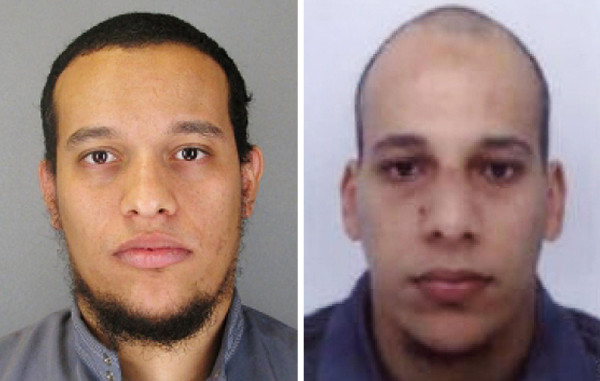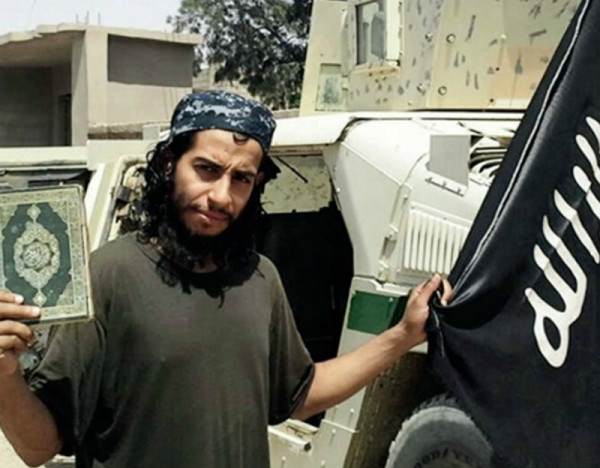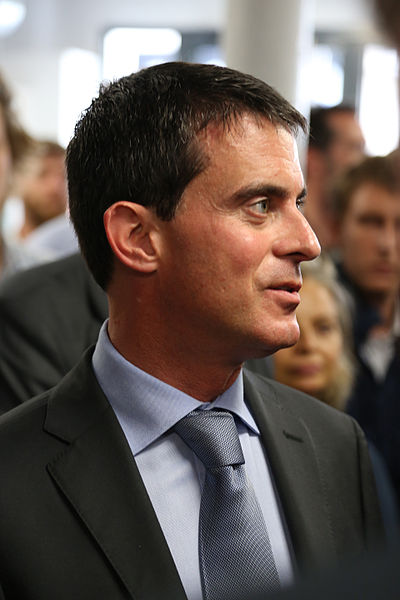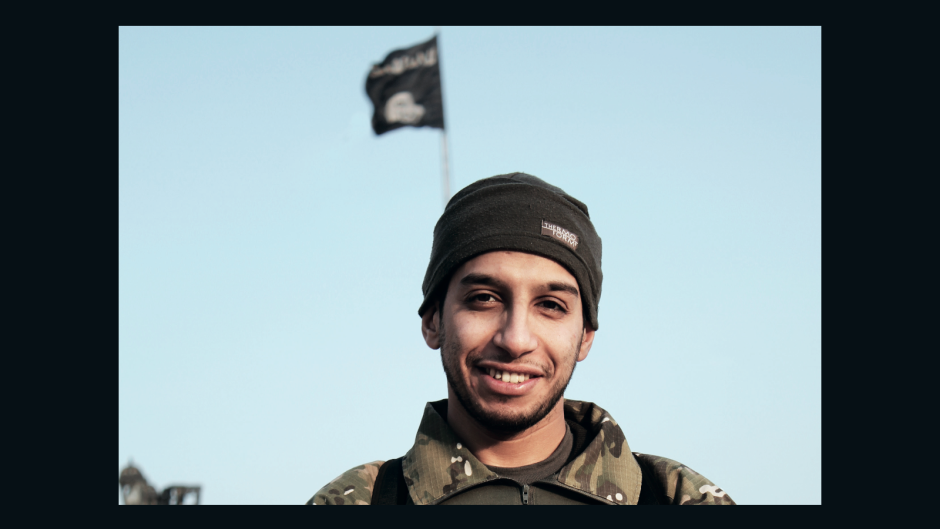A year ago this month, France was profoundly shaken by two jihadist rampages in Paris. The incidents underscored an alarming phenomenon — the extent to which a minority of European Muslims have fallen under the baneful and destructive spell of radical Islam.
It’s a grave problem which is far from resolved. Last November, jihadists launched a series of attacks in Paris during which 130 people were killed. Disturbingly enough, most of the gunmen were born in Europe and battle tested in Syria under the banner of Islamic State. Ominously, two of them reached France as Syrian migrants.

Last year’s cycle of violence began on January 7, when Said and Cherif Kouachi stormed the offices of Charlie Hebdo, a satirical weekly which had published sardonic cartoons of the Prophet Mohammed. The brothers murdered 11 of its editorial and administrative employees, and as they fled, they fatally shot a policeman, a Muslim, as it happened.
The following day, with France still in a state of shock, Amedy Coulibaly successively killed a policeman and murdered four Jewish shoppers at a kosher supermarket in eastern Paris.
The killers were bound together by two threads. They were Europeans. They had been radicalized and transformed into fervent jihadists.
The Kouachis, members of Al Qaeda, were the sons of Algerian Arab immigrants. Coulibaly, a French Muslim citizen whose family immigrated to France from the African nation of Mali, had pledged allegiance to Islamic State, a Sunni organization whose broad objective is to establish a caliphate in the Middle East.
Abdelhamid Abaaoud, the Islamic State terrorist who orchestrated the attacks on November 13, hailed from a similar background. Born in Morocco, he held Belgian citizenship and was raised in Molenbeck, a working-class neighborhood in Brussels which has been identified as a jihadist center. Killed in a police raid in Paris on November 19, he was a jihadist par excellence. He went to Syria in 2014 to join Islamic State. He was linked to an assault on a high-speed train bound for Paris and a plot to attack a church in the Paris suburb of Villejuif.

Jihadists of their ilk essentially share the same ideas. They are disaffected young men alienated from the secular societies in which they live. They are embittered by the legacy of 19th and 20th century European colonialism in the Middle East. They hate Israel and Jews and ardently support rejectionist Palestinian groups. They subscribe to a Salafist interpretation of Islam.
They are ticking time bombs.
Just as the Soviet invasion of Afghanistan in 1979 drove a generation of young Muslim men from across the Arab world into the arms of the Taliban, so the civil war in Syria had a lasting impact on ethnic Arabs like the Kouachis, Coulibaly and Abaaoud.
By one estimate, the conflict in Syria has drawn thousands of European citizens, some of whom are converts to Islam. More than 5,000 Russians, 1,000 French, 600 Germans, 750 Britons and 500 Belgians have volunteered their services to Islamic State. They’re recruited by seductive jihadist websites or through word-of-mouth referrals. In Syria, they learn military skills that can be put to deadly use on European soil, as the November 13 attacks in Paris illustrated.
Since the latest attacks in Paris, police in France have conducted almost 3,000 raids under a nation-wide state of emergency promulgated by French President Francois Hollande, who this past Sunday unveiled a plaque in memory of the 17 victims of the 2015 jihadist attacks.
France has also shut down three mosques in Paris and Lyon and four Muslim prayer rooms in Nice implicated in propagating Islamic radicalism. “There will be complete firmness against those that preach hatred in France,” promised French Interior Minister Bernard Cazeneuve recently.

Intimidated by the rise of Islamic extremism in France, French Jews have immigrated to Israel in unprecedented numbers in the past three years. But having vowed to combat antisemitism in all its permutations, French Prime Minister Manuel Valls has urged Jews to stay. France without a Jewish community, he said in heart-felt comments, would not be France.
Maybe so. But in the meantime, the French government is under mounting pressure to eradicate violent jihadism. It’s a tall order that may not be possible to fulfill any time soon, but one can hope that Islamic extremism will eventually run its course in France.
